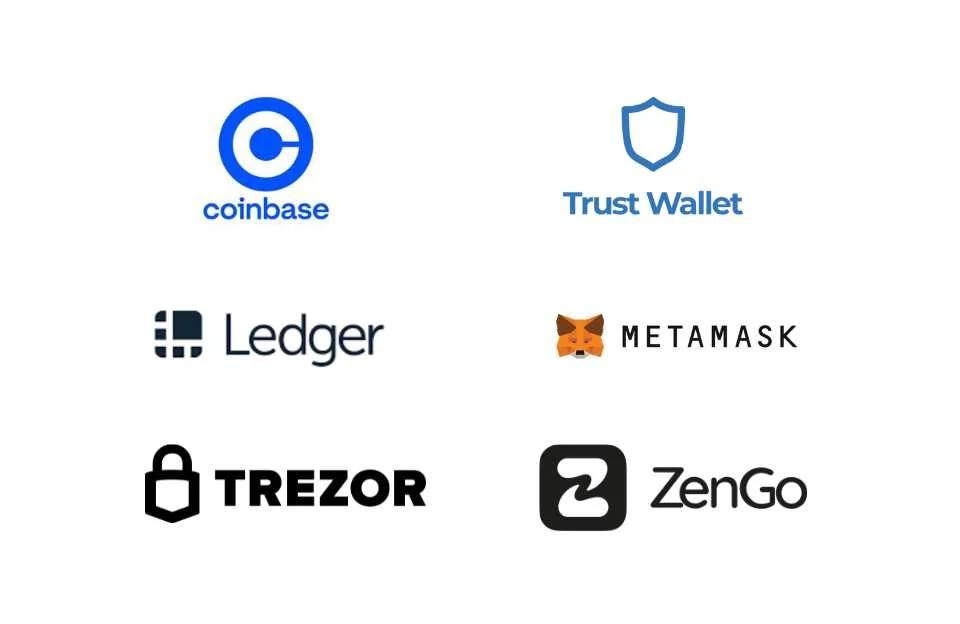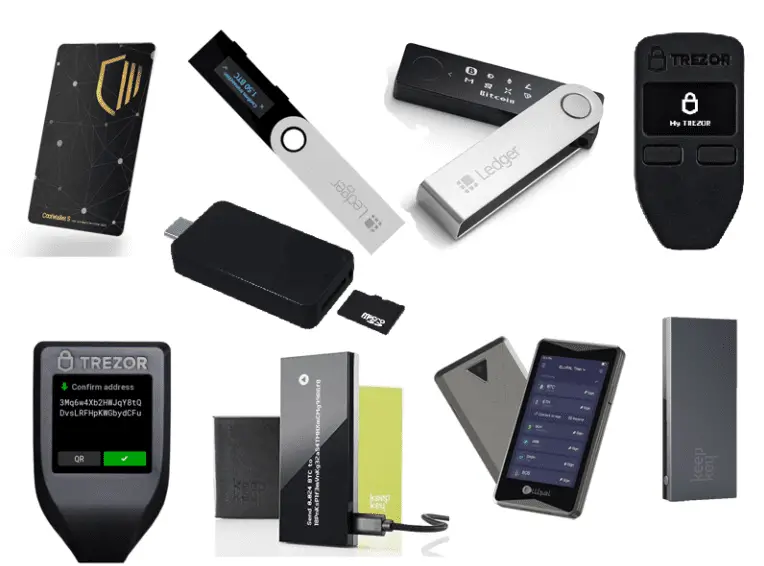- Copy link
- Share to Facebook
- Share to Twitter
In the rapidly evolving world of cryptocurrencies, a crypto wallet is an essential tool for securely storing, managing, and transacting digital assets. Crypto wallets play a crucial role in ensuring the safety and accessibility of your cryptocurrencies. This article aims to comprehensively explain crypto wallets, their types, how they work, and critical security considerations.
Definition
A crypto wallet is a digital tool that allows users to store and manage their digital assets, such as Bitcoin, Ethereum, or other cryptocurrencies. It is like a digital bank account, but a crypto wallet does not store the actual coins; instead, it stores the private keys required to access and manage the assets on the blockchain.
Types of Crypto Wallets
1. Software Wallet
This wallet is the most common type of crypto wallet. It is free to download and use, and can be accessed from any device with an internet connection. Software wallets can be further categorized into:
- Desktop Wallets: These are applications installed on a desktop or laptop computer. They offer high security and control but are vulnerable to malware or computer issues.
- Mobile Wallets: These are applications designed for mobile devices, offering convenience and accessibility. They are generally less secure than desktop wallets but can be more practical for everyday use.
Some examples of software wallets are MetaMask, Coinbase, Trust Wallet, and Electrum.

2. Hardware Wallet
Hardware wallets are physical devices, similar to USB drives, specifically designed to store private keys offline securely. They provide an extra layer of security by keeping the keys away from internet-connected devices. Hardware wallets are considered one of the safest options for storing cryptocurrencies but are also more expensive. Some examples of hardware wallets you can find in the marketplace are Ledger Nano X, Ledger Nano S, Trezor One, and KeepKey.

3. Paper Wallet
Paper wallets involve generating a physical copy of your private and public keys on paper. While they are secure from online threats, they are vulnerable to physical damage or loss and require careful handling.
How Crypto Wallets Work
Crypto wallets utilize cryptographic technology to generate and manage private keys. Private keys are randomly generated and contain a long string of alphanumeric characters. They are mathematically linked to public keys, the addresses where you can receive funds.
When you initiate a transaction, your wallet uses your private key to sign the transaction and verify your ownership of the assets. This signed transaction is then broadcasted to the blockchain network for validation and inclusion in a block. To access and manage your funds, you must keep your private key secure and confidential.
How To Secure Your Crypto Wallet
1. Strong Passwords: Use a strong and unique password to protect your wallet from unauthorized access. Avoid using easily guessable information or reusing passwords.
2. Two-Factor Authentication: Enable two-factor authentication whenever possible to add an extra layer of security to your wallet. This typically involves providing a second verification code, usually through a mobile app, when logging into your wallet.
3. Backup and Recovery: Regularly back up your wallet's private keys and store them securely offline. This ensures you can recover your funds in case of device loss or failure.
4. Beware of Phishing Attacks: Be cautious of phishing attempts where malicious parties try to trick you into revealing your wallet's private keys or sensitive information. Double-check the URL and ensure you are using a legitimate software wallet or platform.
In conclusion, crypto wallets are essential tools for securely storing, managing, and transacting cryptocurrencies. By understanding the different types of wallets and their security considerations, you can choose the most suitable option based on your needs and risk tolerance. Always research the latest security practices and regularly update your software wallet (if you use one) to protect your digital assets in the ever-evolving crypto world.
Web3: The Upgraded Version of The Internet
The Advantages of Web3 in Our Live
The Evolution of Web: From Web1 to Web3
Web3 in Various Industries
19/07/2023
Welcome to Paras
19/07/2023
Start Your NFT Journey Today
19/07/2023
Why Us?
18/10/2023
Stay Safe on Web3!
01/11/2023
Sip a hot coffee by El Cafe Cartel
Only on NEARCON 2023
x.com
27/10/2023
Unlocking a world of adventure!
Be ready for FunZ!
x.com
27/10/2023
Trick or treat! It's finally spooky season!
Complete the missions to get the prize & points!
arkana.gg
18/10/2023
Complete the trivia game on Ludero
Win 100 $NEAR in rewards!
x.com
16/10/2023
iPhone 12 giveaway by Arkana X JennyFransiscaa
Give your best shot!
x.com
04/10/2023
It's almost time for NEARCON 2023
Secure your tickets at near.org
x.com
© 2023 Paras Digital.
Powered by astar.network



